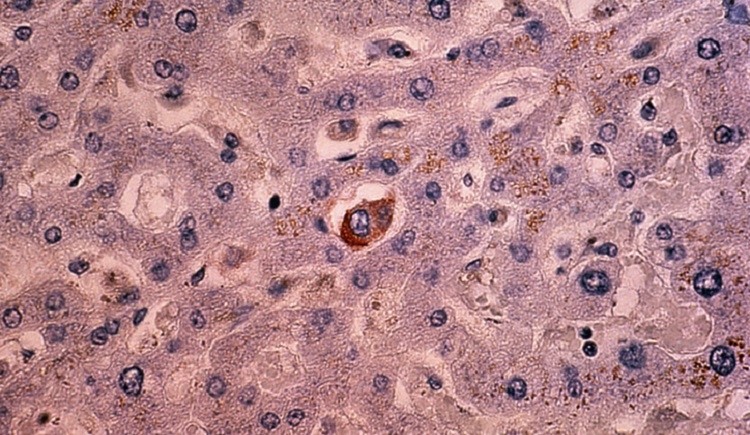Eli Lilly gets speedy NICE recommendation for breast cancer treatment

The National Institute for Health and Care Excellence (NICE) set out the decision in a final draft guidance. After reviewing the results of the late-phase monarchE clinical trial, NICE recommended the use of Lilly’s CDK4/6 inhibitor in combination with endocrine therapy in hormone receptor-positive, HER2-negative, node-positive early breast cancer patients who are at a high risk of recurrence.
Lilly demonstrated the efficacy of the drug in the setting in a trial that showed the addition of Verzenios to endocrine therapy significantly improved invasive disease-free survival. In an exploratory analysis, Lilly linked the combination to a 32% reduction in the risk of breast cancer recurrence versus the standard adjuvant endocrine therapy.
The data were strong enough for NICE to recommend Verzenios despite uncertainty over how long the benefits of the drug last and the estimates of cost-effectiveness. NICE’s most likely estimates of the cost-effectiveness of Verzenios are within the range it considers an acceptable use of healthcare resources, leading it to recommend the drug despite the uncertainty.
Lilly’s list price for Verzenios is £2,950 ($3,600 USD) per 28-day cycle of 150 mg tablets, although the company is making the drug available at a discount under the terms of a confidential commercial agreement. The medicine is now available via interim funding by the Cancer Drugs Fund.
NICE’s recommendation comes four weeks after the UK Medicines and Healthcare products Regulatory Agency (MHRA) approved Verzenios for use in the indication. Lilly hopes the short lag between approval and recommendation is a sign of what is to come at NICE.
“The timing of data availability, the MHRA decision, and NICE’s review coincided, supported by collaboration between all parties and a clear focus on the benefit to patients. We hope this rapid approach can be replicated for more future medicines to prevent delays for UK patients in accessing the latest treatments,” said a spokesperson for Lilly.
Some recommendations will likely continue to take longer, with factors such as the availability of data, regulatory review, NICE’s scheduling, and whether the medicine is new or an existing drug that is subject to a label expansion influencing the turnaround time.

















